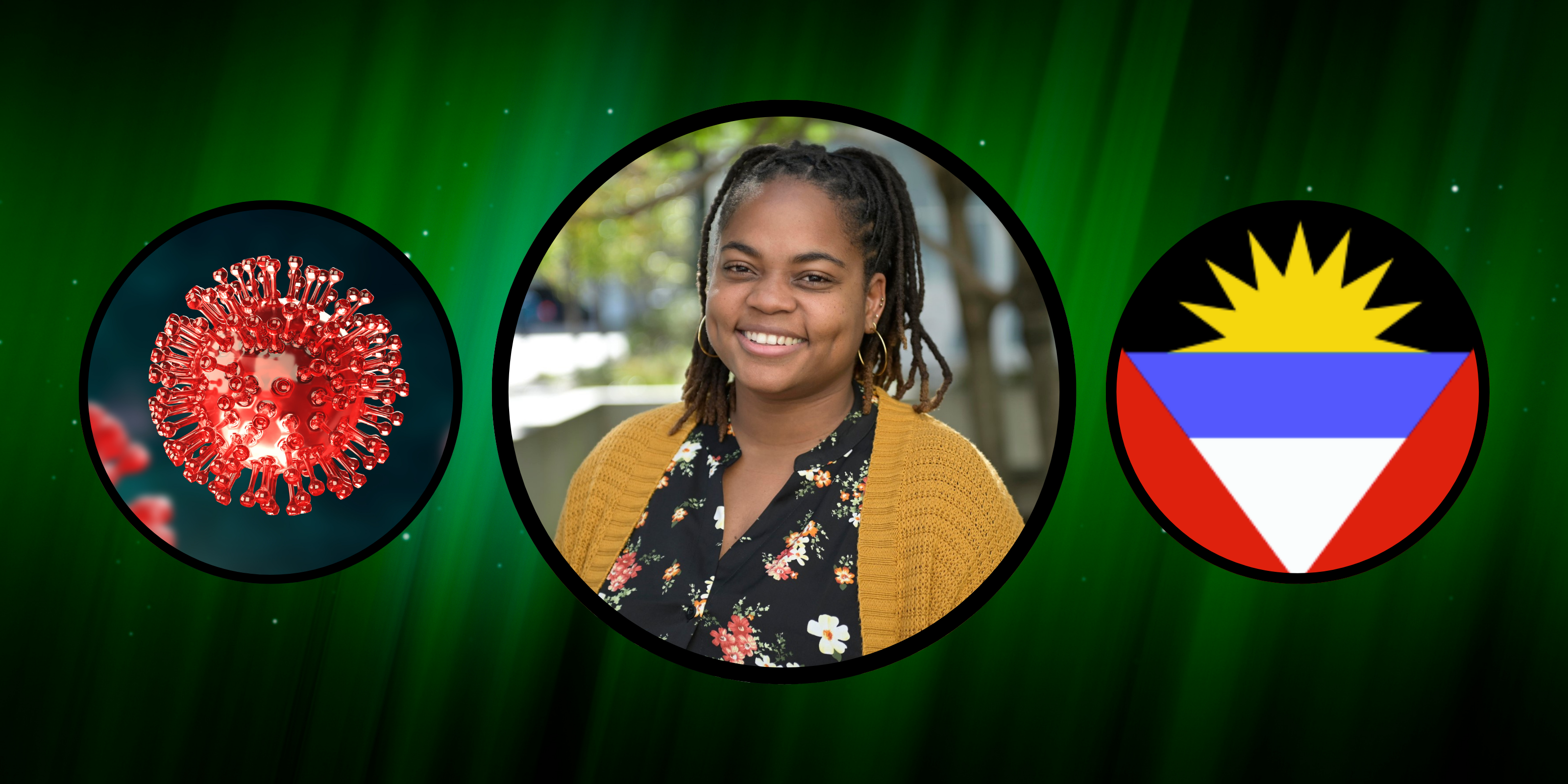October Fellow's Spotlight on César de la Fuente
This month we caught up with Keystone Symposia Fellow Dr. César de la Fuente, Presidential Assistant Professor at the University of Pennsylvania, where he leads the Machine Biology Group. Dr. de la Fuente and colleagues are generating attention for their APEX deep learning model that uses AI to mine ancient organisms’ genomes for therapeutic molecules, dramatically accelerating antibiotics discovery. In this Q&A, he shares his enthusiasm for applying AI models to antibiotic discovery and reflects on how his experiences in the Fellows Program have shaped his career.
Most recently César was named one of the 25 Visionaries Shaping the Future of Artificial Intelligence by Newsweek en Español América!

Briefly describe your research, why it is important, and what motivates you to pursue this area?
My research focuses on using the power of machines to accelerate discoveries in biology and medicine, with a focus on combating antimicrobial resistance (AMR). We pioneered the development of computer-designed antibiotics with proven efficacy in animal models, demonstrating the potential of AI for antibiotic discovery and helping to establish this emerging field. By applying machine learning, my lab has uncovered a new world of antimicrobial compounds, mining the human proteome, and even extinct organisms for therapeutic molecules—a research area we’ve coined molecular de-extinction. This work has already yielded promising preclinical antibiotic candidates, including neanderthalin, mammuthusin, and elephasin.
Our work has expanded our efforts to explore microbial dark matter, computationally identifying nearly one million novel antibiotic molecules. We’ve made these findings fully open access to encourage further research and development. These tools constitute a powerful free resource for the global research community and have led to a greater acceleration of scientific discoveries.
Additionally, through the analysis of thousands of human microbiomes, with our collaborators, we have discovered new antimicrobial agents like prevotellin-2, produced by Prevotella copri in the gut. Collectively, our approaches have dramatically accelerated the time required to identify preclinical candidates from years to just a few hours.
The urgency of addressing the global threat of AMR, coupled with the exciting potential of AI-driven biology, motivates me. This research is not only about accelerating discoveries but also about, ultimately, saving lives which is my biggest dream, by staying ahead of an escalating public health crisis.
What pivotal moment sticks with you from your experience as a Keystone Symposia Fellow? How has it impacted you?
A pivotal moment came when I had the opportunity to meet with a group of interdisciplinary scientists at a Keystone meeting. The breadth of perspectives in that room challenged me to approach the scientific process in new ways. Without the fellowship, I would not have had access to such an enriching exchange of ideas and connections, which continue to shape my research today.
How has being a Keystone Symposia Fellow helped shape your career?
The fellowship has given me access to an extraordinary network of colleagues and mentors, allowing for invaluable idea exchange. This opportunity to collaborate and cross-pollinate ideas with remarkable individuals is already influencing the science we do in my lab.
What are your thoughts on the importance of mentorship? How has your Keystone mentor influenced you and your career? How do you act as a mentor for your community?
Mentorship is absolutely critical in science. My Keystone mentor has been instrumental in guiding me, not just in research, but in leadership and career development. I strive to offer the same support to my mentees by fostering a collegial environment and actively recruiting and mentoring students from various backgrounds. Whether through formal mentorship programs or informal advice, I aim to provide guidance, encouragement, and resources to help others navigate the complex challenges of a scientific career.
What is the most valuable thing you've learned from Fellow’s Fridays?
The most valuable lesson from Fellow’s Fridays has been the emphasis on resilience, which is critical in science and in life.
Follow César on Twitter: @delafuenteupenn
César de la Fuente, Ph.D. (AIMBE Fellow)
Presidential Associate Professor at UPenn
Leader, Machine Biology Group, Institute for Biomedical Informatics, Institute for Translational Medicine and Therapeutics, Penn Institute for Computational Science, Depts. of Psychiatry and Microbiology, Perelman School of Medicine, Depts. of Bioengineering & Chemical and Biomolecular Engineering, Dept. of Chemistry, University of Pennsylvania
Website: http://delafuentelab.seas.upenn.edu
Find out more about:
Keystone Symposia Fellows Program

Related news
July Fellow's Spotlight on Alicer Andrew
This month's Fellows Spotlight goes to Keystone Symposia Fellow Dr. Alicer Andrew! Born and raised...
January Fellow's Spotlight on Dr. Abigael Cheruiyot
Our first Fellows Spotlight of 2025 goes to Keystone Symposia Fellow Dr. Abigael Cheruiyot! Dr....
November Fellow's Spotlight on Dr. LaQuita Jones
This month's Fellows Spotlight goes to Keystone Symposia Fellow Dr. LaQuita Jones! Dr. Jones is an ...







.png)
.png)